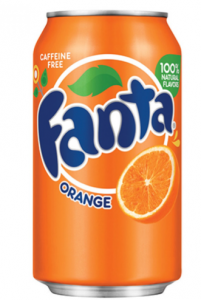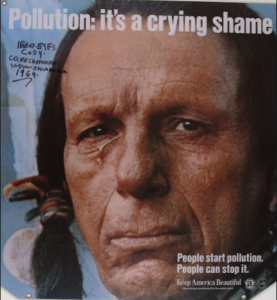Litterbugs
 We live in a rural – or at least semi-rural – neighborhood, surrounded by fields and farms and private homes set on large wooded parcels. Our road is not a particularly busy one, though during the course of our half-hour morning or afternoon walk I wave to maybe a dozen or so drivers whom I imagine are on their way to or from work. At other times of day – and especially Sunday mornings – I sometimes walk the double yellow line with no concerns about Willie and I being flattened like the late box turtle or chipmunk we sometimes encounter. When I hear a car in the distance, Willie and I have plenty of time to walk to the safety of the shoulder. And even there, most drivers cross the line to give us a wide berth.
We live in a rural – or at least semi-rural – neighborhood, surrounded by fields and farms and private homes set on large wooded parcels. Our road is not a particularly busy one, though during the course of our half-hour morning or afternoon walk I wave to maybe a dozen or so drivers whom I imagine are on their way to or from work. At other times of day – and especially Sunday mornings – I sometimes walk the double yellow line with no concerns about Willie and I being flattened like the late box turtle or chipmunk we sometimes encounter. When I hear a car in the distance, Willie and I have plenty of time to walk to the safety of the shoulder. And even there, most drivers cross the line to give us a wide berth.
 We walk this road every day – twice a day – and it always startles me to discover litter on the shoulder, some bit of trash at the border of asphalt and the encroaching natural world. Some of it is innocent enough – bits of Styrofoam or cardboard, scraps of splintered wood that I assume fell off a truck. I gather what I can carry and drop it in the trash when Willie and I get home, making a mental note to carry a trash bag on our next walk. But a plastic Starbucks “venti” cup, its whipped cream-smeared dome still attached? An empty pack of Marlboro Lights? This morning, a pristine aluminum Fanta can lying in the center of the road was especially offensive, the lurid orange of that can against the green summer landscape as bright as a safety flare.
We walk this road every day – twice a day – and it always startles me to discover litter on the shoulder, some bit of trash at the border of asphalt and the encroaching natural world. Some of it is innocent enough – bits of Styrofoam or cardboard, scraps of splintered wood that I assume fell off a truck. I gather what I can carry and drop it in the trash when Willie and I get home, making a mental note to carry a trash bag on our next walk. But a plastic Starbucks “venti” cup, its whipped cream-smeared dome still attached? An empty pack of Marlboro Lights? This morning, a pristine aluminum Fanta can lying in the center of the road was especially offensive, the lurid orange of that can against the green summer landscape as bright as a safety flare.
Willie sniffs these objects as I bend to pick them up. “Don’t lick that,” I say, pulling him away from the venti cup. A mild anger stirs within me as I try to picture the people – the person – who flings trash out the window of a moving car. I imagine a young man behind the wheel with the radio on, loud. He fires up the last smoke in the pack and flips it – uncrumpled – out the window. His passenger – or someone driving by hours later — slugs the last warm, syrupy dregs of Fanta from her can and gives it the toss when her cell phone rings, driving so fast she never hears it strike pavement.
 They are too busy, too distracted, too narcissistic. And they are too young to remember Iron Eyes Cody, the Indian from the 1970s public service announcement, who surveys a polluted landscape with a single tear spilling from his eye. But I remember old Iron Eyes – and I remember growing up in the litter-strewn New York City of the 1970s.
They are too busy, too distracted, too narcissistic. And they are too young to remember Iron Eyes Cody, the Indian from the 1970s public service announcement, who surveys a polluted landscape with a single tear spilling from his eye. But I remember old Iron Eyes – and I remember growing up in the litter-strewn New York City of the 1970s.
So Willie and I walk our small stretch of rural road each day. And we do what we can.
Related Posts
-
 Long Distance Mutt
Long Distance Mutt
And just what is this Mutts4Resue outfit, anyway? I figure I ought to know a bit more about this 02.02.2014.by edwillmatt@gmail.com -
 Frog Dog
Frog Dog
Finally inside PetSmart for the first time ever, I take in the vastness of the store; aisle upon aisle 11.02.2014.by edwillmatt@gmail.com -
 “Gotcha” Day
“Gotcha” Day
Today’s the day Richard and I finally get to meet our new pup and bring him home. 26.02.2014.by edwillmatt@gmail.com